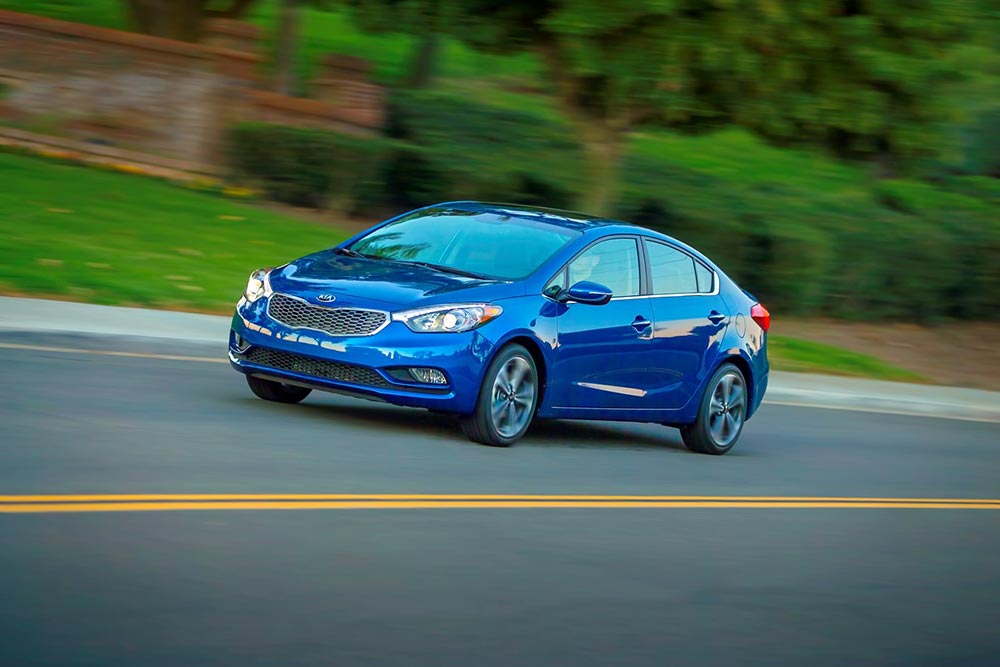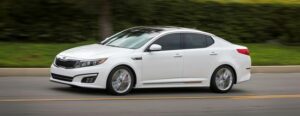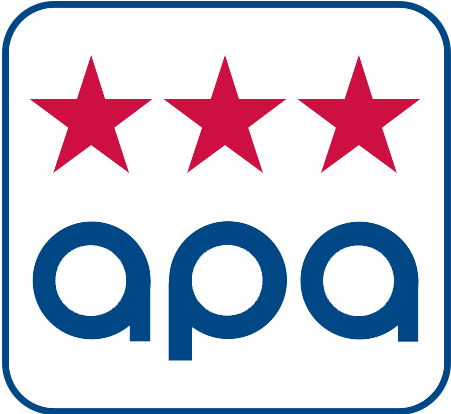
The APA is currently the plaintiff in a class action with Kia Motors in Quebec over piston scuffing related to the 1.8 and 2L engines in the 2010-2015 Forte compact car. This problem occurs due to a factory defect and is detailed in two Kia service bulletins applicable to the Forte. The APA has also seen piston scuffing on the Soul and Rondo with 2L engines. After APA`s action was filed, Kia Motors quietly began replacing defective engines in Quebec. It costs $135 for a Kia dealer to diagnose this issue which is done by inserting a fibre optic probe called a boroscope through the spark plug holes to inspect the cylinder walls.
Hyundai experienced a similar problem with engines in the Elantra and replaced engine short blocks under an unpublicized goodwill program after the expiration of the 5 year/100,000 km factory warranty. To APA`s knowledge, Kia has not replaced a large number of engines for piston scuffing outside of Quebec. There is no recall for this problem and it is not considered a safety issue. There is no formal extension of the warranty; Hyundai Canada and Kia Motors settle claims on a case by case basis.
The knock sensor software installed as part of an engine safety recall will sometimes put the engine in limp mode if piston scuffing is advanced, but it was not designed to do that.
Safety recalls and class action settlements cover 2L, 2L turbo and 2.4L engines in various 2010-2019 Hyundai and Kia models
There are more than twenty recalls on various Hyundai and Kia models with 2L and 2.4L 4-cylinder engines to address a potential failure of a connecting rod bearing. The recall involves installing new knock sensor software and possibly an updated sensor. If this recall is performed, the manufacturers agreed with Transport Canada to double the warranty on the affected engines to 10 years or 200,000 km; similar coverage is also offered under a class action settlement. The recall is mandatory to benefit from the warranty extension. The recall will usually provide warning of an impending failure and partially power down the engine and alert the driver to take the vehicle in for service. It will not prevent an engine from failing.
Until the 2020 model year, owners’s manuals specified an oil change interval for Kia and Hyundai vehicles of 6,000 km or 12,000 km. According to the manufacturer’s interpretation of their schedules, only Vancouver Islanders and perhaps a consumer who spends their winters in the USA would qualify for the longer interval in Canada! The takeaway: change oil at 6,000 to 8,000 km and keep your maintenance records. As of 2021, several Hyundai and Kia models specify a single 8,000 km oil change interval for Canada using synthetic oil.
Steps to take if your Hyundai or Kia vehicle experiences an engine failure
- Find someone to diagnose your engine correctly
- Piston slap on a 1.8L or 2L engine in an Elantra, Forte, Soul or Rondo is not covered by a formal program but may be covered on a case-by-case basis.
- Connecting rod failure is covered by a formal warranty extension under recall or as part of a class action settlement. Coverage is conditional on installing the Knock Sensor Detection System
- Kia and Hyundai may ask for oil change records. Asking for oil change records from the previous owner is not reasonable. According to the settlements in their class actions, oil change records can be required for the last two years.
- If the dealer cannot obtain authorization to replace the engine, send a demand letter to the manufacturer. Don’t hold your breath — customer service is badly backed up and you will most likely receive a form letter declining coverage. Replace the engine at a competent repair shop. Take a sample of the engine oil and have it sent out for analysis if there is a concern about lubrication. Wear Check offers a service that is not expensive and they can suggest what tests to ask for. Sue in small claims court. Since there is already a settlement covering many engines, Kia or Hyundai may argue they don’t have to do anything more to help you. You will argue for coverage under the class action settlement stating that the automarker provided an an invalid reason for rejecting the claim. Your expert will have to be in court with you or at the very least provide a written report with some photos as evidence. Failure to maintain the engine (an argument the defence will likely raise) would show up as sludge or gunk deposits inside the block and head.
Most owners give up and pay for a repair, or trade their stranded vehicle into a Hyundai or Kia dealer for peanuts. Although it sells fewer vehicles than Hyundai, Kia owners account for a higher percentage of problem claims received by the APA. Cost of a new short block installed at a dealership in Eastern Canada is about $5500. Cost of a used engine installed at an independent repair shop is about $4,000. The price is high because recyclers are seeing a strong demand for used Kia and Hyundai engines and price accordingly.
What Hyundai and Kia owners should do
In order to benefit from the extension of the warranty on the engine, both companies require that the Knock Sensor Detection System recall be implemented. This is a software fix that provides a sometimes unreliable warning of an impending engine failure, but it will not prevent it. If you purchased your vehicle used, or have changed addresses and missed recall notices from the manufacturer, there’s a chance your vehicle was not updated. That’s a big risk that could cost you a claim under the extended warranty down the road.
To find out if your vehicle has any open recalls: Hyundai Canada | Kia Canada

Class action litigation
Hyundai and Kia are defendants in class actions in Canada and the United States over defects in many of the same engines covered by safety recalls. Here is the list of vehicles covered by safety recalls. Vehicles are equiped with the Theta II GDI (Gasoline Direct Injection) 2L turbo or 2.4L non turbo engines. The chart below lists of all the safety recalls covering the affected models, current to August 2022.
| Model Years (Inclusive) | Vehicle | Engine |
|---|---|---|
| 2014-2016, 2019-2020 | Hyundai Elantra | 2L |
| 2014-2020 | Hyundai Elantra GT | 2L |
| 2019-2020 | Hyundai Kona | 2L |
| 2012 & 2019 | Hyundai Santa Fe | 4 Cyl. |
| 2013-2018 | Hyundai Santa Fe Sport | |
| 2011-2019 | Hyundai Sonata | |
| 2010-2019 | Hyundai Tucson | 2.4L |
| 2014-2021 | Hyundai Tucson | 2L |
| 2015-2016, 2019-2020 | Hyundai Veloster | 1.6L & 2T |
| 2010-2011 | Kia Forte | 2.4L Theta II engine |
| 2012-2015, 2020 2011-2019 | Kia Forte Kia Forte | 2L 2L Nu engine |
| 2012-2015 | Kia Forte Koup | |
| 2014-2015, 2019-2020 | Kia Optima | |
| 2011-2012, 2015-2019 2014-2016 | Kia Rondo Kia Rondo | 2.4L 2L Nu engine |
| 2021 | Kia Seltos | 2L Nu engine |
| 2011-2020 | Kia Sorento | 4 Cyl. |
| 2014-2016, 2020-2021 | Kia Soul | 2L |
| 2011-2020 | Kia Sportage |
Under the class action settlement, the deadline to submit a claim for reimbursement for prior repairs passed in July 2021. Going forward, the Powertrain Warranty was extended to lifetime — except in cases of “Exceptional Neglect” — for individual consumers who had the Knock Sensor Detection Software (KSDS) update on their vehicle. The dealership will provide a free loaner vehicle or, if a loaner is not available, up to $40 per day toward a rental car. The APA has received complaints that the cost of a courtesy vehicle was not ocvered while waiting for parts to arrive, which sometimes takes several weeks.
More Resources & Related Articles
For more information on the Kia Canada settlement, visit the McKenzie Lake website.
A larger class action alleging over defective engines is currently ongoing. You can find more information on the models covered here.
